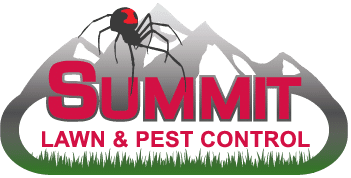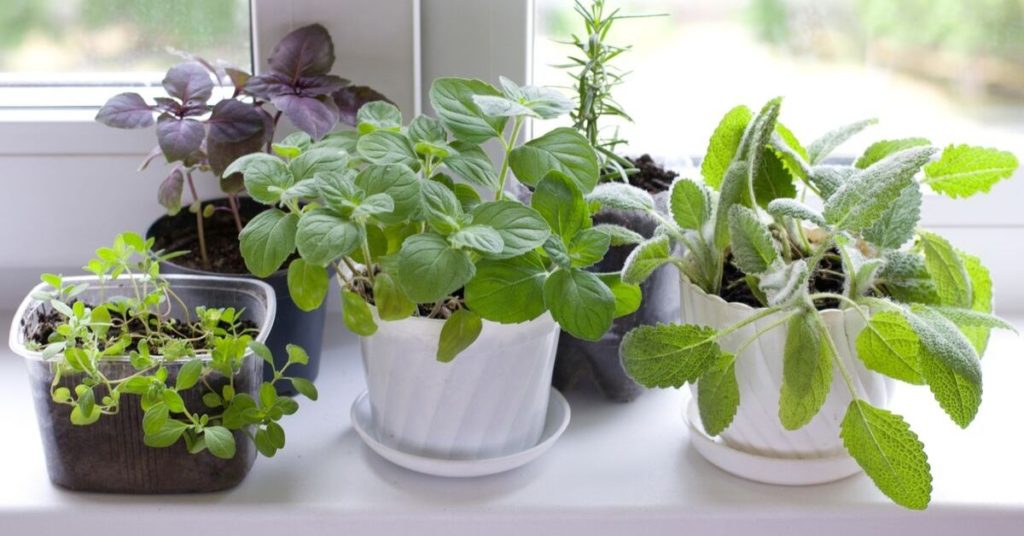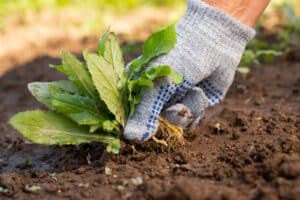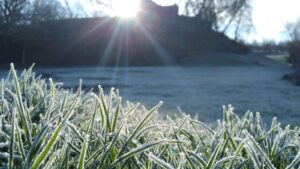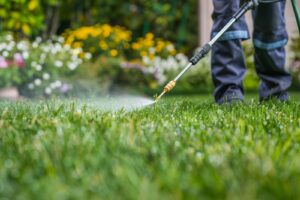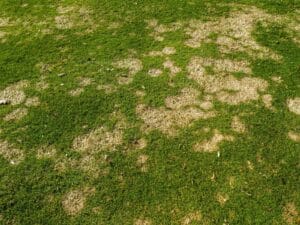An indoor garden can brighten up any room and increase air quality. Even if you don’t have a green thumb, you can keep plants alive and even thriving indoors with just a little light, water, and TLC. If your track record with plants isn’t excellent—that’s okay! With a few of these tips, you can have a thriving indoor garden. Consider the following things before you get to grow.
Potting Soils
Potting soils are not all the same. Good potting soil can make all of the difference. A high-quality potting soil will drain adequately while still retaining enough moisture. Soil should also need to have enough air to allow plants to breathe. Air and breathability are just as important to plants as sunlight and water.
As you’re shopping for potting soil, keep an eye out for organic potting soil mixes. It may also be a good idea to look for soil that includes compost or bark to add some richness and texture. This kind of soil will retain moisture well.
Lighting
It’s no surprise that plants need sunlight to grow. Mostly plants need about 6-12 hours of direct sunlight a day. If your plants are not in an area that has access to sunlight, invest in some grow lights. Putting a lamp over your plants can save its life. That said, plants also need a little darkness too. Be sure that plants get at least 6 hours of darkness each night—they need time to sleep as we do. If you’re using grow lights, invest in a timer to ensure the lighting is going on and off as needed.
Water
Water is essential to a plant’s health. The soil of your plant must never go completely dry. The amount of water each plant needs will differ based on the type of plant. General watering rules include watering regularly, watering deeply, do not overwater, and change your watering based on the season. During the dry seasons and season with less sun exposure, your plants may require a little more water to thrive.
Air Circulation
As previously mentioned, the air is just as important to plants as water and sunlight. Keep your plants in an open area where there is plenty of airflows. It may be helpful to have a small fan to increase air circulation. Air movement will help prevent things like garden pests and leaf fungus.
Keeping the air around your plant around 65-75 degrees F will also help it to grow. Plants differ in their needs, but for the most part, this is an ideal temperature range for plant growth.
Best Plants to Grow Inside
- Arugula
- Broccoli
- Brussel sprouts
- Cabbage
- Cauliflower
- Endive
- Escarole
- Kale
- Leeks lettuce
- Mustard greens
- Spinach
- Basil
- Chives
- Cilantro
- Cumin
- Dill
- Garlic chives
- Lavender
- Lemongrass
- Mint
- Oregano
- Rosemary
- Sage
- Thyme
